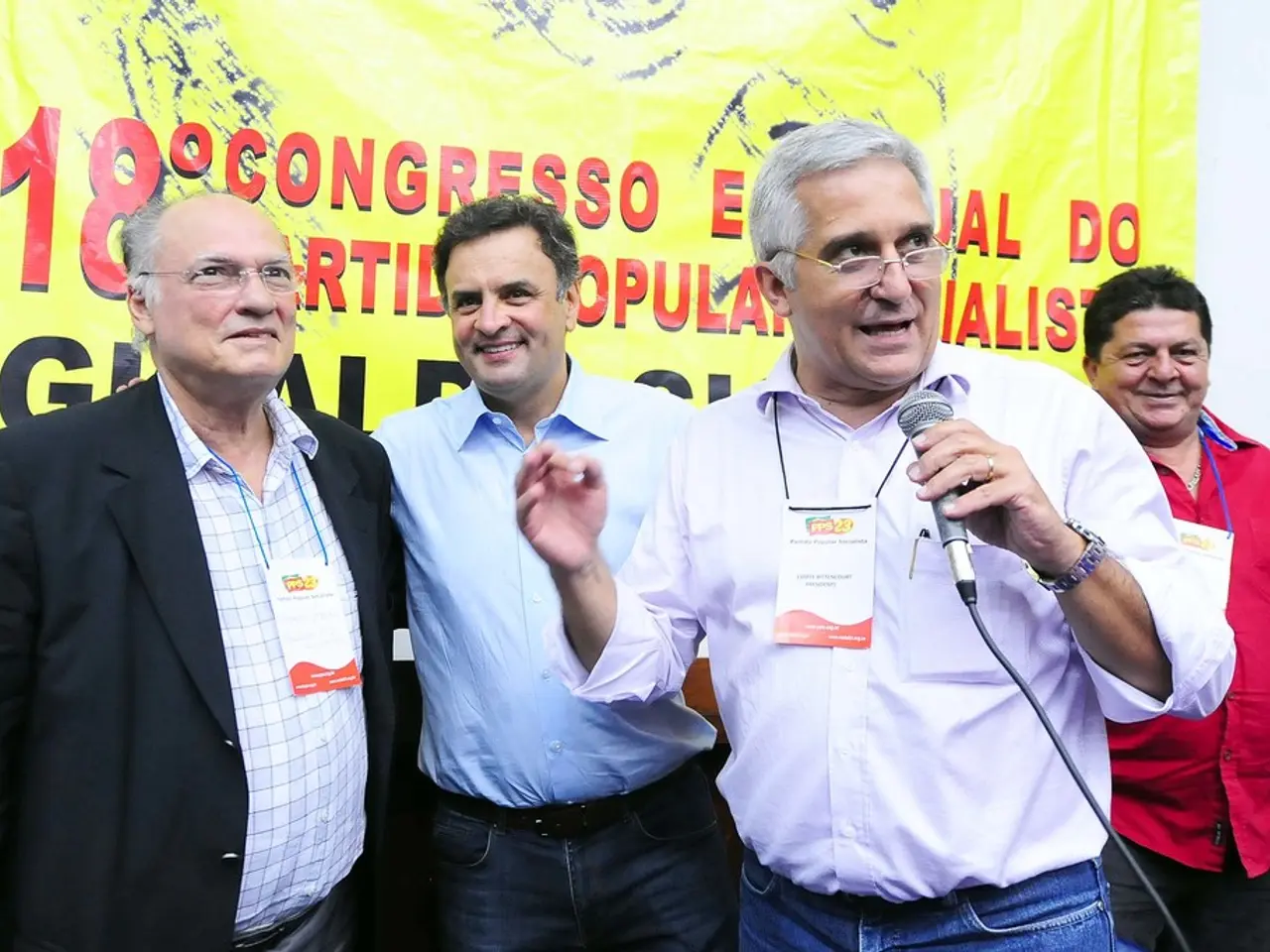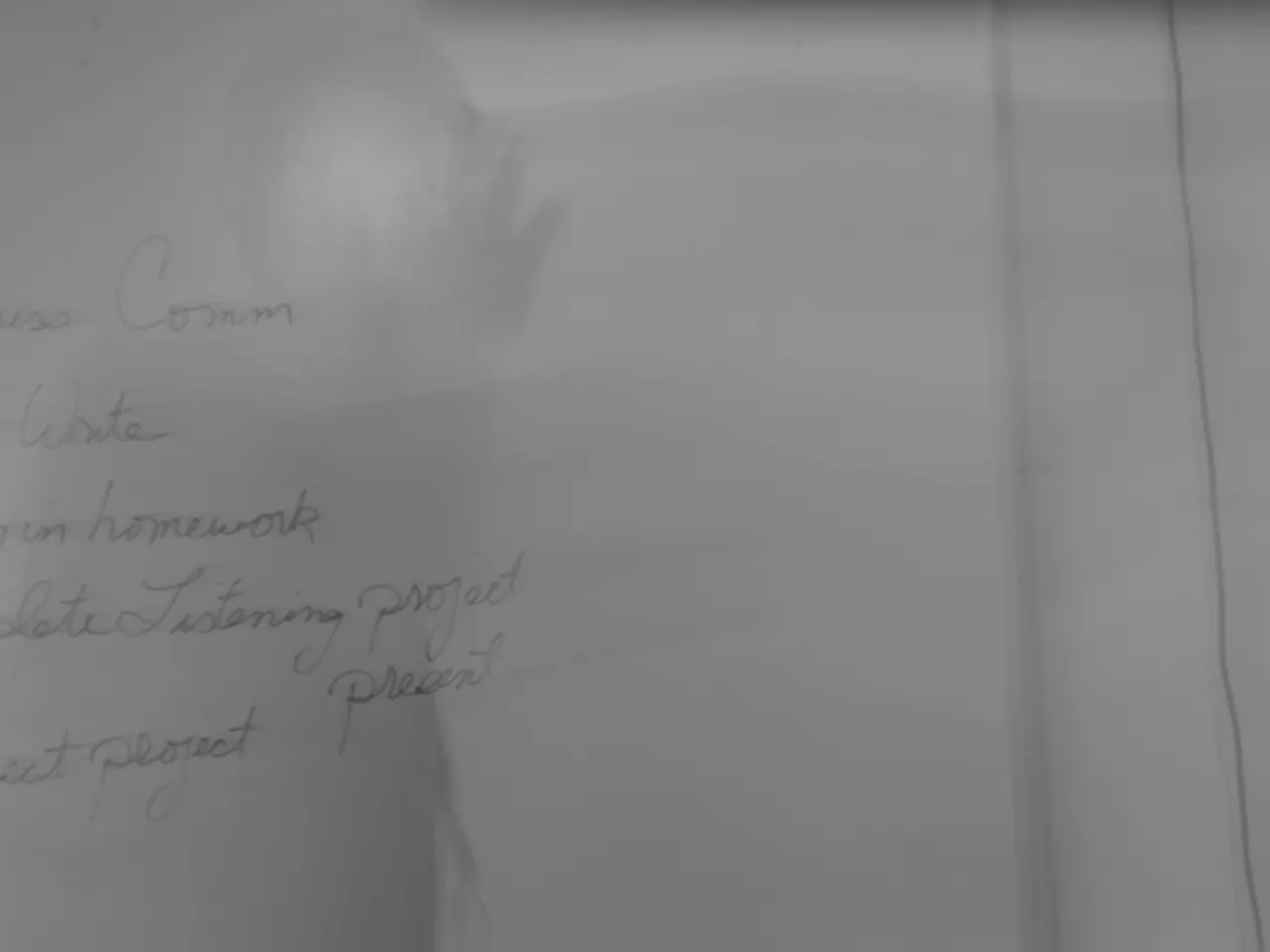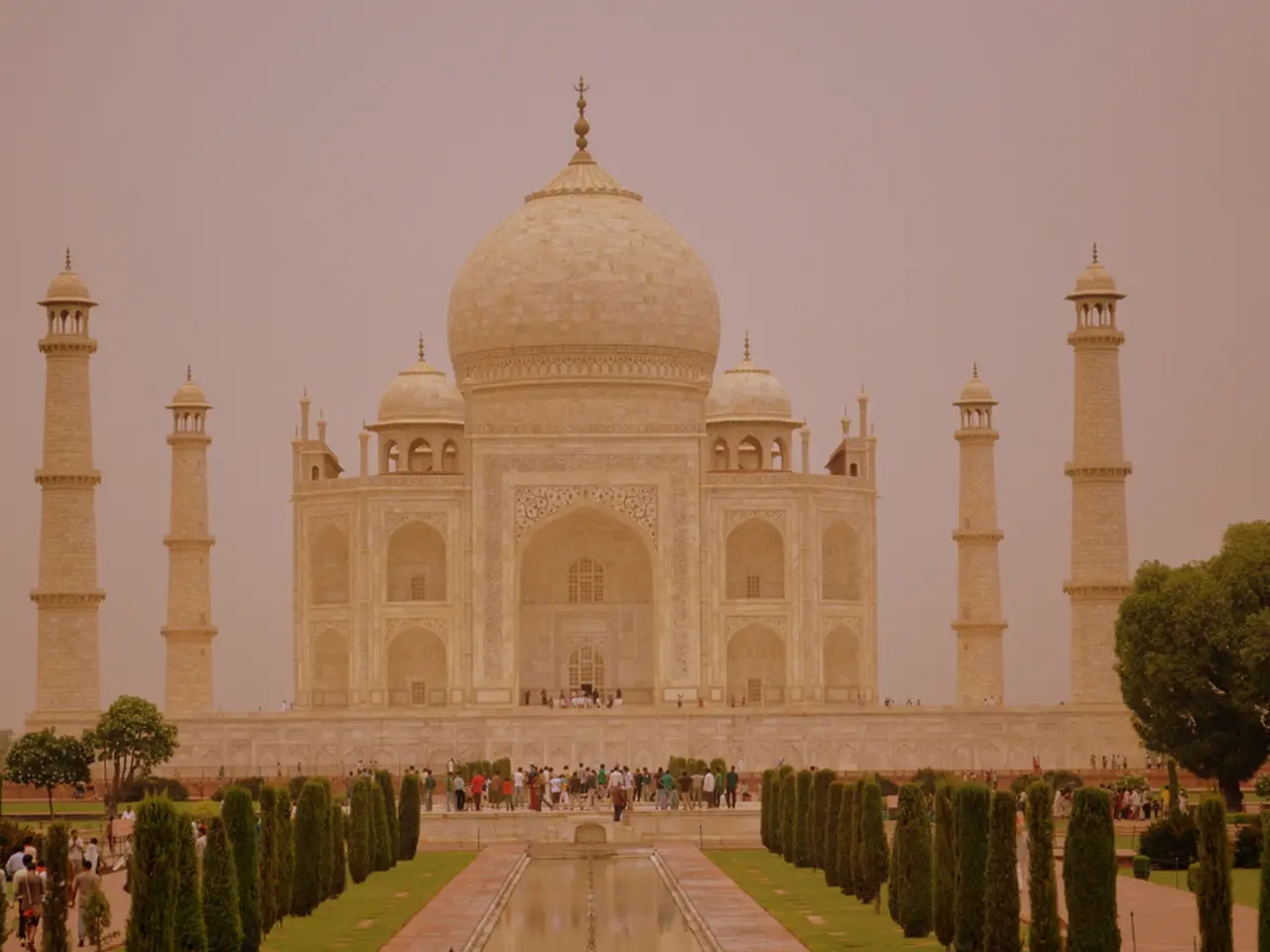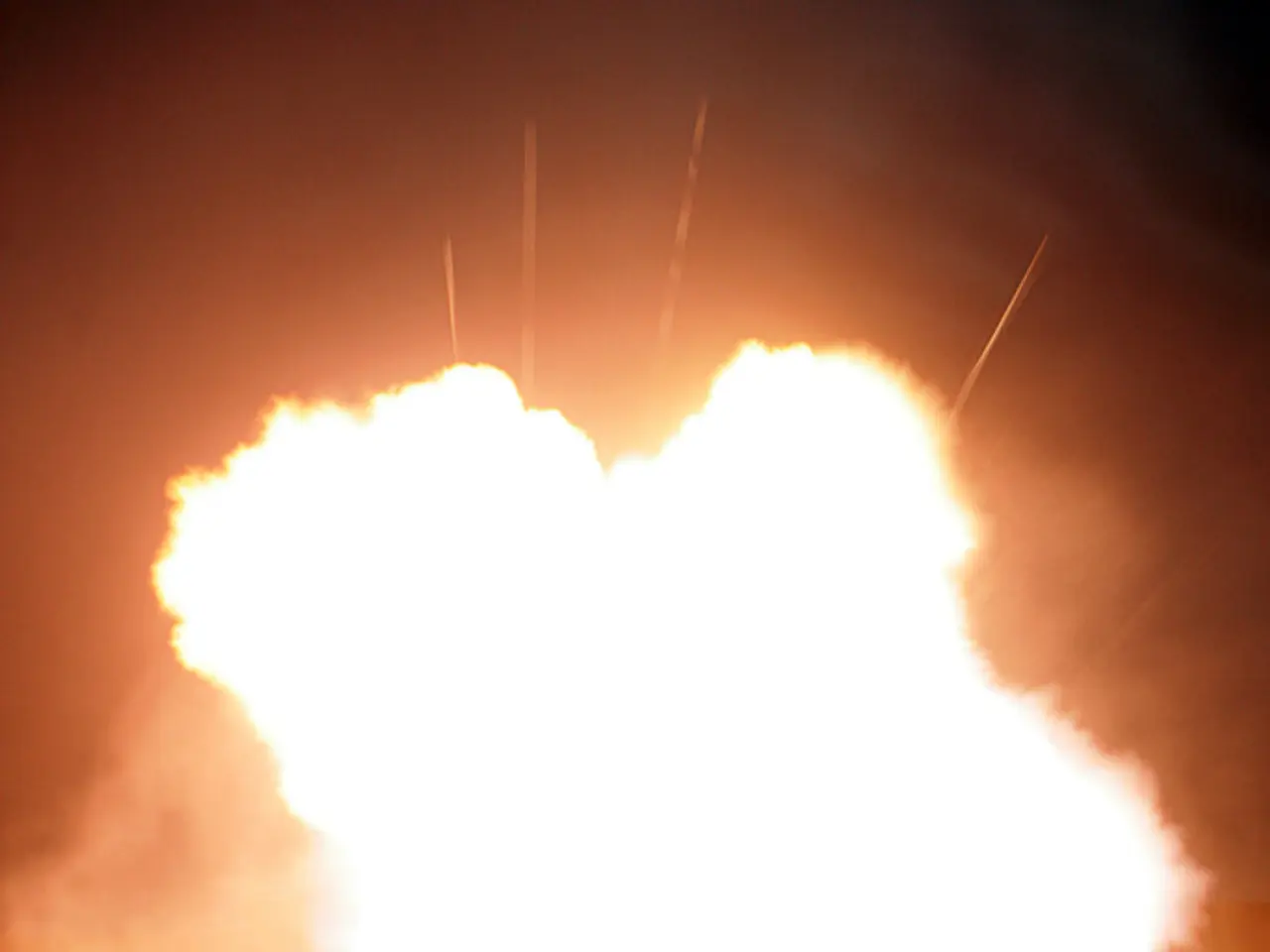Senate Leaders Return Home Without Agreement to Accelerate Appointments; Furious Trump Tells Schumer 'Depart to the Underworld'
The nomination process in the Senate is facing a significant overhaul, with Senate Majority Leader John Thune expressing his concerns about its current state and anticipating discussions about changing Senate rules.
This push for reform comes amidst a period of heightened partisan conflict over judicial and executive nominations. The Senate has a history of altering its rules for nominations, often to reduce the threshold needed for confirmation votes, as seen in the use of the "nuclear option" to bypass filibusters and secure a simple majority.
In 2013, Senate Democrats made a notable move by changing the rules to remove the 60-vote threshold for confirming lower court judicial nominees. This was a response to Republican obstruction of President Obama's nominees. Fast forward to 2017, Senate Republicans used the nuclear option to eliminate the filibuster for Supreme Court nominees, allowing the confirmation of Justice Neil Gorsuch over Democratic objections.
Currently, Senate Republicans are contemplating rule changes to expedite the confirmations of President Trump's nominees, citing unprecedented Democratic obstruction and filibustering of nearly all nominees, except a few. However, negotiations between the parties have so far been unsuccessful.
The continuing stalemate has led to the Senate holding a rare weekend session on Saturday to vote on nominee after nominee. Senate Majority Leader John Thune has taken measures to ensure as many nominations as possible are confirmed, keeping the Senate in session for more days and with longer hours this year.
Despite these efforts, the Senate left Washington for a month-long August recess without reaching a deal to advance President Trump's nominees. Democrats, reluctant to give in without spending cut reversals or other incentives, have also expressed a desire to depart for the August recess.
Chuck Schumer, the Senate's Democratic leader, has stated that a rules change would be a "huge mistake," especially as Senate Republicans will need Democratic votes to pass spending bills and other legislation moving forward. He has also criticised the nominees under consideration, labelling them as flawed, compromised, and unqualified.
This escalating partisan conflict over nominations has its roots in each party, when in the majority, often altering Senate rules to overcome blocking tactics by the minority, fostering a cycle of retaliation. This has led to more contentious and polarized confirmation battles compared to earlier periods when confirmations were more bipartisan and routine.
The future of the Senate's nomination process remains uncertain, with Republicans planning to revisit rule changes when they return in September. The potential for further use of the nuclear option could deepen the conflict over nominations and intensify partisan tensions.
- The escalating partisan tensions over nominations have spilled over into other areas of policy-and-legislation, such as war-and-conflicts, migration, and crime-and-justice, making negotiations between parties increasingly difficult.
- General-news outlets are reporting an increase in car-accidents and fires in areas where there is high tension between political factions, possibly due to the heightened emotions and violence associated with political disagreements.
- In an attempt to gain public support, some politicians are using their social media platforms to spread misinformation, resulting in further confusion and polarization on key issues like healthcare, economy, and infrastructure.
- It is believed that the ongoing partisan conflict over nominations could have far-reaching consequences, affecting not just the Senate but also the government as a whole, potentially leading to policy paralysis and gridlock.
- As the Senate prepares to reconvene in September, there is growing concern that a breakdown in bipartisan cooperation could lead to even more heated debates and potentially the use of the "nuclear option" in other areas of politics, further exacerbating the war-and-conflicts and crimes-and-justice issues facing the nation.








